The following blog post comes from our Trustees Annual Report 2021 – we thought our supporters would find it an interesting read too 🙂
2021 did not offer any respite from 2020, the first year of the pandemic. Due to the government imposed restrictions we spent the first quarter without any retail income, all retail and some rehoming staff on furlough and animal rehoming activities subjected to virtual practices. Throughout the year our activities across the charity were overshadowed by the persistent shifting outlook caused by COVID and its variant strains. It was far from business as usual and, as with 2020, we spent much of the year creatively reacting to the exhausting changes and challenges. Typically, we were plagued with COVID related absenteeism that forced shop closures and hindered rehoming operations. Our income generation suffered the most and saw reserves dwindle by year end. Appetite for community events was still not visible in 2021, even staff and volunteer in-person events were reduced in numbers. Our online income generation was significantly impacted by policy changes at Paypal and Ebay, causing lengthy delays to our ability to fundraise and receive the funds we had raised (a universal problem among the charity sector). We also had much needed success with in-house designed ‘Purraid’ merchandise, appeals and online raffle.
Animal activity headlines in 2021
- We admitted 624 animals (272 cats, 171 rabbits, 181 smalls)
- We rehomed 503 animals (259 cats, 117 rabbits, 127 smalls)
- Out of the 22 branches in the North West Region we admitted and rehomed the highest number of animals!
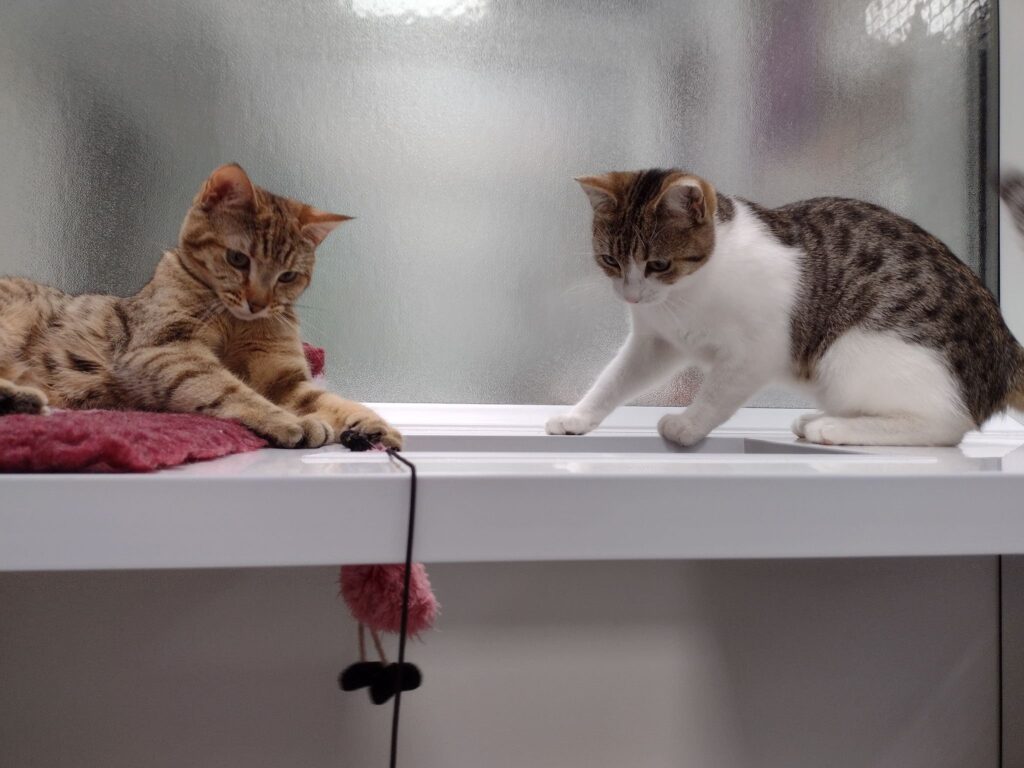
The hidden headlines in 2021
- Impact of pandemic on animals/their owners.
- Highest ‘case’ animal admissions at the branch (animals with owners under investigation by the National RSPCA inspectorate).
- National rabbit crisis.
Pandemic impact
It is estimated that an additional 3.2 million pets were acquired during the pandemic in 2020/2021. The animal rescue sector anticipated that many of these animals would be relinquished once lockdown restrictions were fully lifted. During 2020/2021, across the animal welfare sector, we saw:
- Owners unable to afford veterinary care.
- Owner unable to access veterinary care (because many practices were unable to cope with the rise in demand).
- Animals relinquished because people no longer had the time for them.
- Animals relinquished because people could no longer afford the financial commitment involved in pet ownership.
- Animals relinquished because of behavioural issues, as a result of impulse purchase and lack of knowledge/research prior to acquisition.
This created the perfect storm and many animals came into our care via the RSPCA inspectorate that had both routine and complex veterinary needs, behavioural issues and unneutered, the latter resulting in exceptionally high levels of unplanned litters.
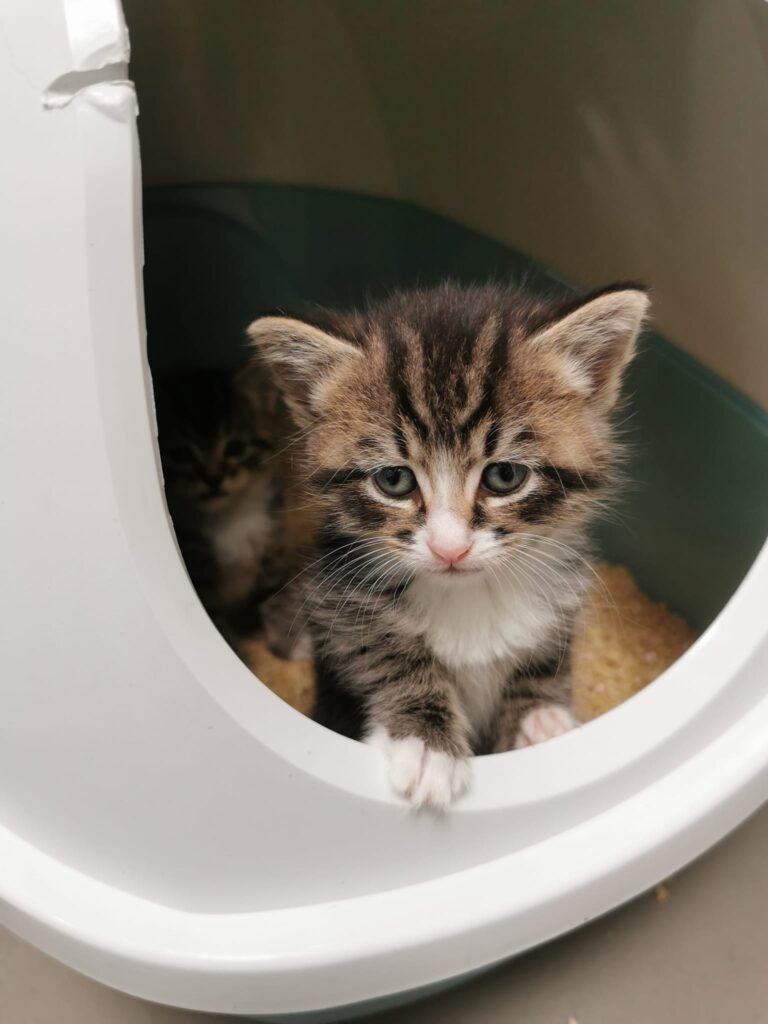
‘Case’ Animals
Prosecution is always the last resort for the National RSPCA inspectors however we saw a rise in the number of cases in 2021. As a result our branch tried to help by boarding several cases including a rabbit case. Supporters may remember our ‘rabbit room’ aka our smalls room that was taken over by 30+ mum and baby rabbits for many months! Although it was great fun to see the rabbits growing they did take up a large amount of space which reduced our capacity to take in other smalls in need of our help.
Thankfully the case was resolved and we have begun the rehoming process for these bunnies (several being transferred to other branches).
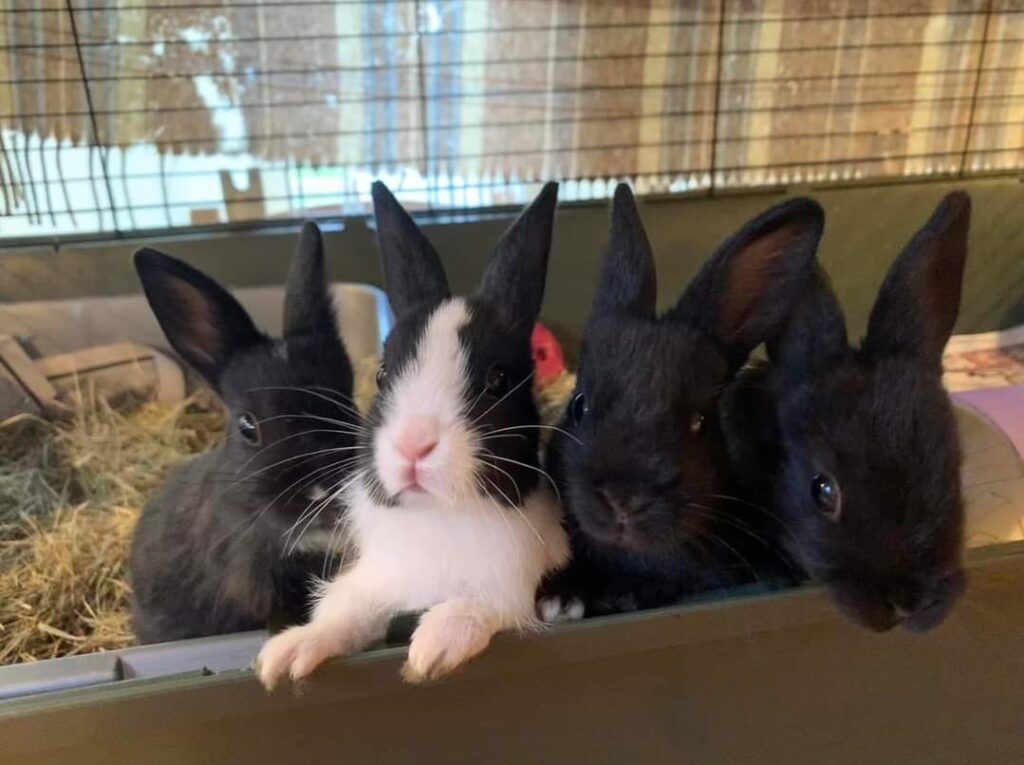
National rabbit crisis
In the last quarter of 2021 there became a sharp rise in rabbits being rescued by the RSPCA inspectorate, by early 2022 the same pattern was emerging across the animal rescue sector. A crisis loomed large and we stepped in early to start a plan to help alleviate the strain:
- We began paying for rabbits to be neutered whilst housed in temporary foster care until space could be found for them within the RSPCA.
- We supported an RSPCA approved private boarding establishment (PBE) to create housing provision for the RSPCA inspectorate rescued rabbits (previously used for dogs).
- We worked closely with RSPCA Greater Manchester Animal Hospital and helped transport rabbits in the PBE to the vet for triaging/neutering and networking the animals out to other branches.
- Paying for rabbits to be housed at PBE once released for rehoming and networking or rehoming them.
This has resulted in the doubling of our rabbit numbers, at any one time with 60+ under our care.
It seems the old story of buying 2 rabbits and them turning out to be of opposite genders (and resulting baby explosion!) is still a huge problem that animal rescues are all too often expected to deal with.
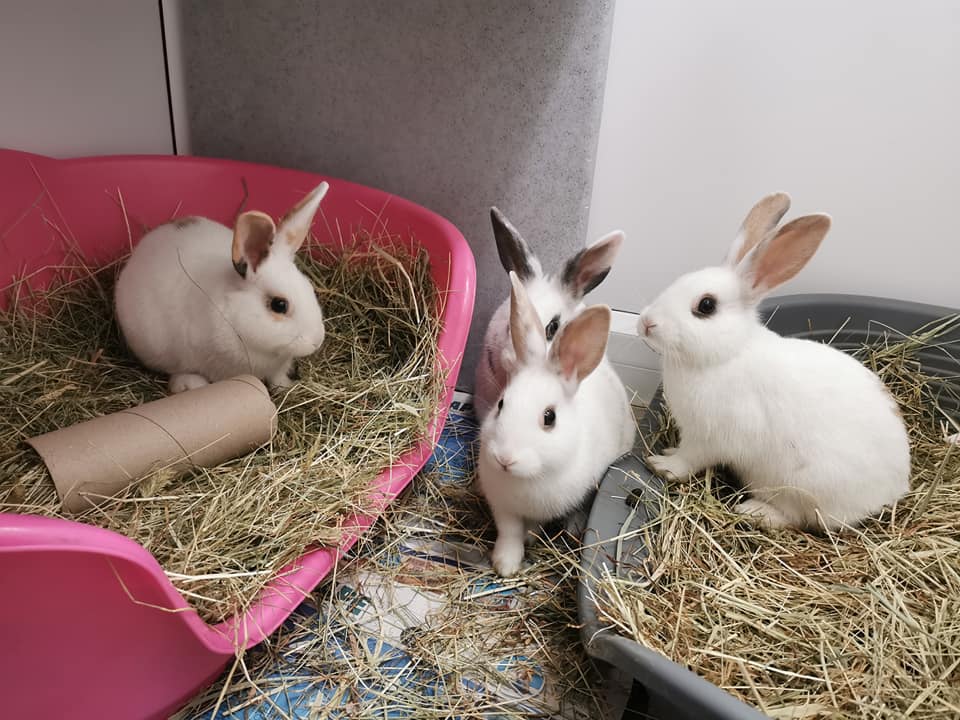
New website
Huge thanks to trustees Louise and Dale we had a welcome boost to our adoption promotion with a new look website that connects our rehoming appeals to the National RSPCA and animals looking for homes across England and Wales. Please take a look at: rspca-manchesterandsalford.org.uk
Animal Welfare Activities 2021
Our popular rabbit and guinea pig health check and claw clipping 6-weekly sessions at Salford Pets at Home continued through the year, with over 200 owned animals benefiting from this free support. A massive thank you to Gilly and Lison for volunteering their time to this invaluable clinic.
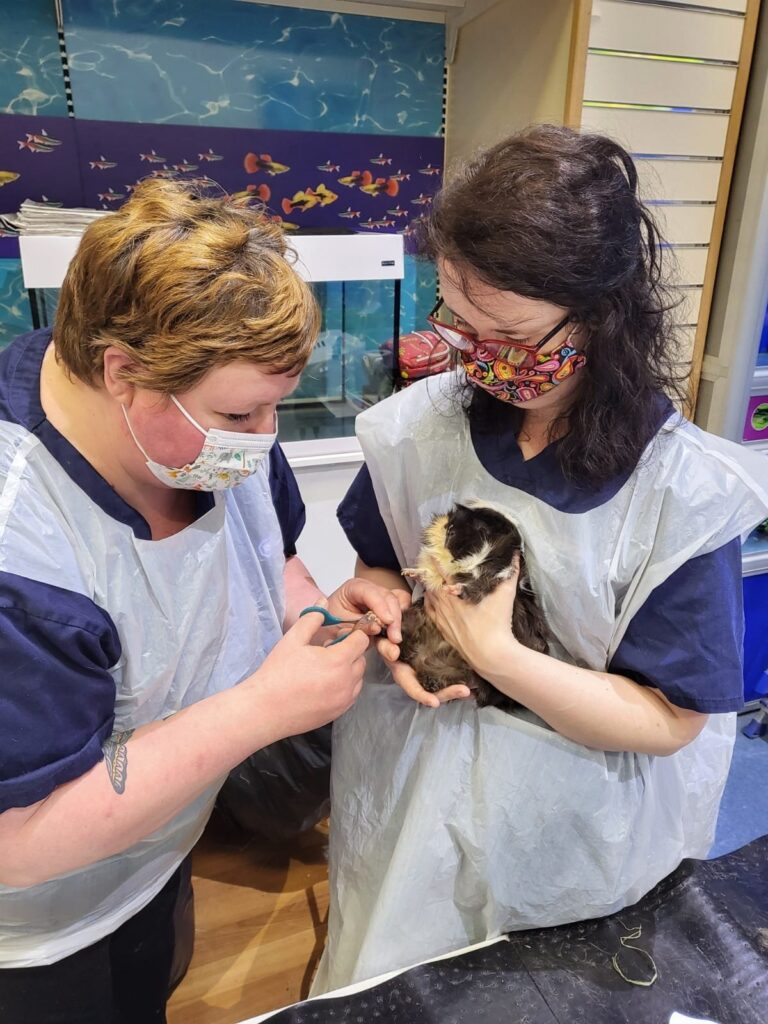
We enrolled on the Mars Adoption Mission programme and participate in regular studies and in return receive free donations of Whiskas cat food.
Branch manager Susie Hughes is actively involved with the Association of Cats and Dogs Homes and is a Committee member on the Standards and Animal Welfare Committee, which supports new and existing members (largely animal rescue organisations) with animal welfare Minimum Standards.
Training and development
Always high on the agenda with the rehoming centre staff is continuing their professional development through conference and webinar attendance. Of note, the branch manager is in her second year studying Advanced Feline Behaviour, whilst a rehoming supervisor participated in the Cat Friendly Rehoming Accreditation course – both through International Cat Care. The animal centre is now accredited as a ‘cat friendly rehoming centre’.
The learning opportunities have enabled us to enhance the existing welfare practices we have in place to improve the quality of life of the cats in our care during rehabilitation and rehoming. We have:
- Introduced a 7 day assessment plan for new arrivals.
- Revised the ‘traffic light system’ for behavioural assessment.
- Introduced new feeding regimes.
- Training staff and volunteers to engage animals with puzzle feeding/training.
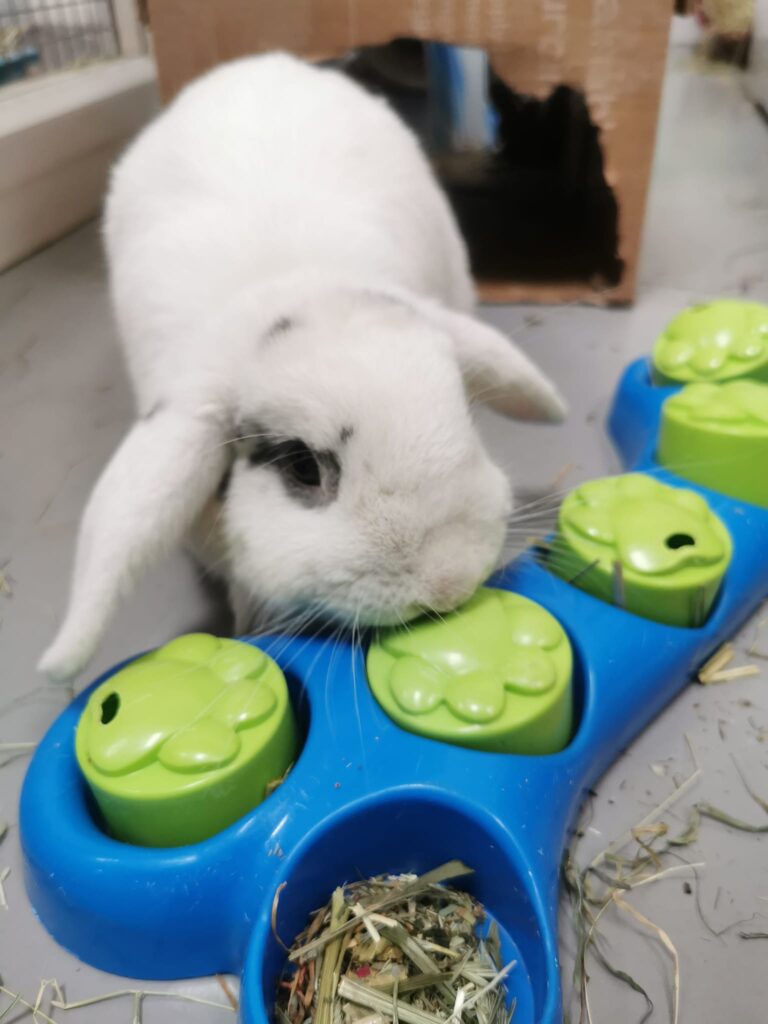
Sad goodbyes
After 11 years at the branch we said goodbye to Chorlton shop manager Kathy Small, who sadly had to leave on health grounds, whilst Didsbury shop manager of 9 years, Tom Hammersley, left to pursue a new career in web development. We are incredibly grateful for their commitment and dedication to the work of the branch and they leave behind a great legacy through their fundraising activities.
Lastly, 2021 will be remembered by many of us, most of all, for the premature passing of long-term supporter Alan Brown. For over a decade Alan and his husband Brian have been regular adopters and passionate ambassadors of the branch. We have benefitted from not only 5 star homes for a number of our rabbits and guinea pigs during that time, but from considerable financial support. In honour of our dear friend, we dedicated the rabbit unit at the centre to Alan, and a commemorative plaque in proudly displayed. Alan is greatly missed but will never be forgotten by us all.
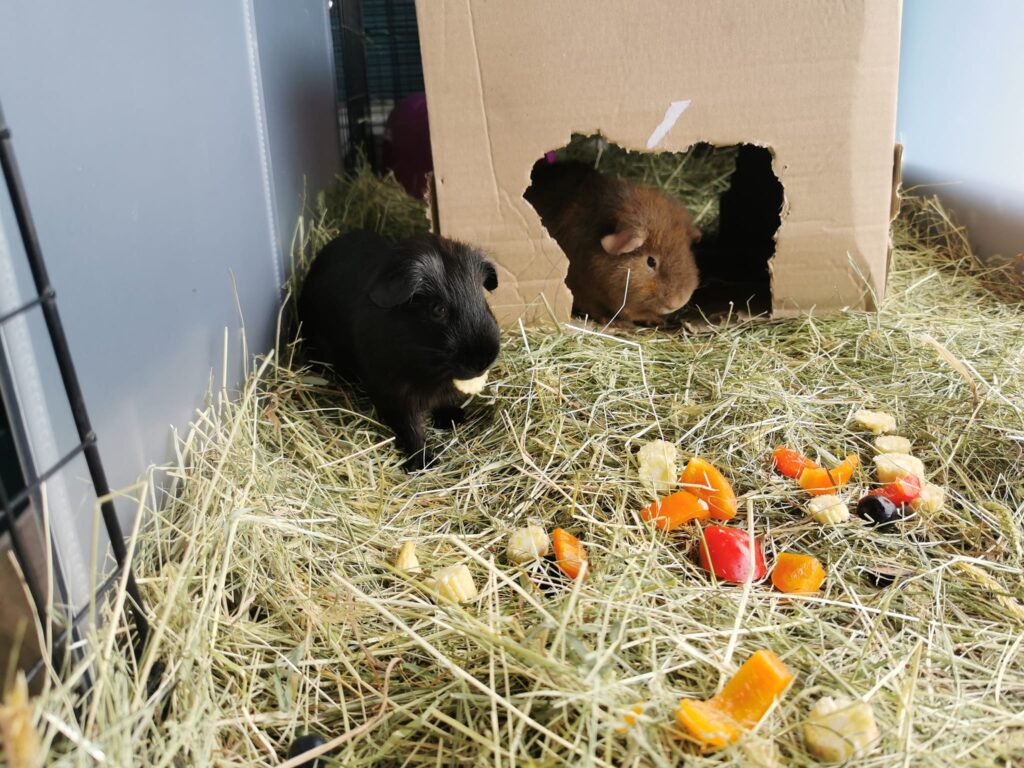
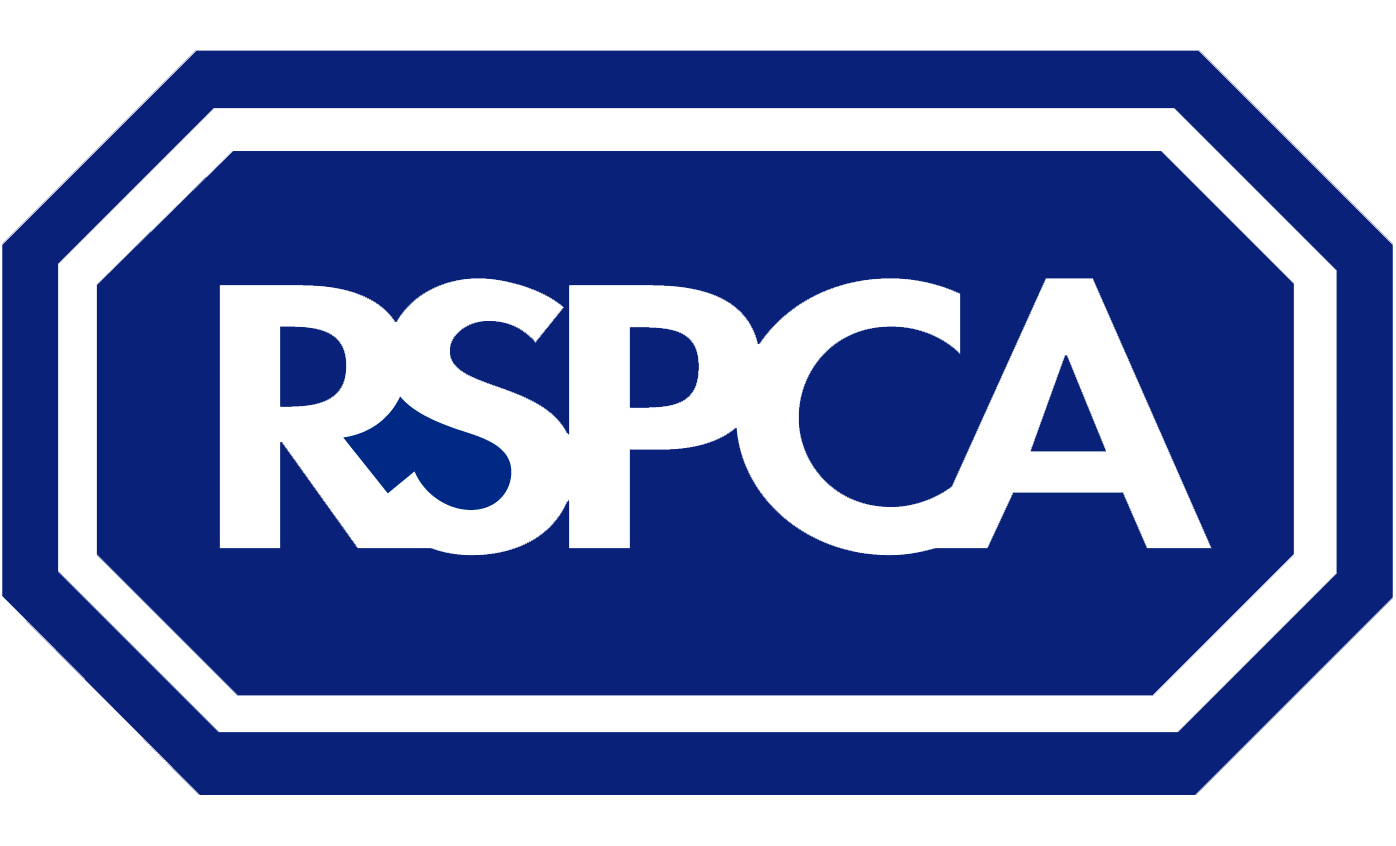
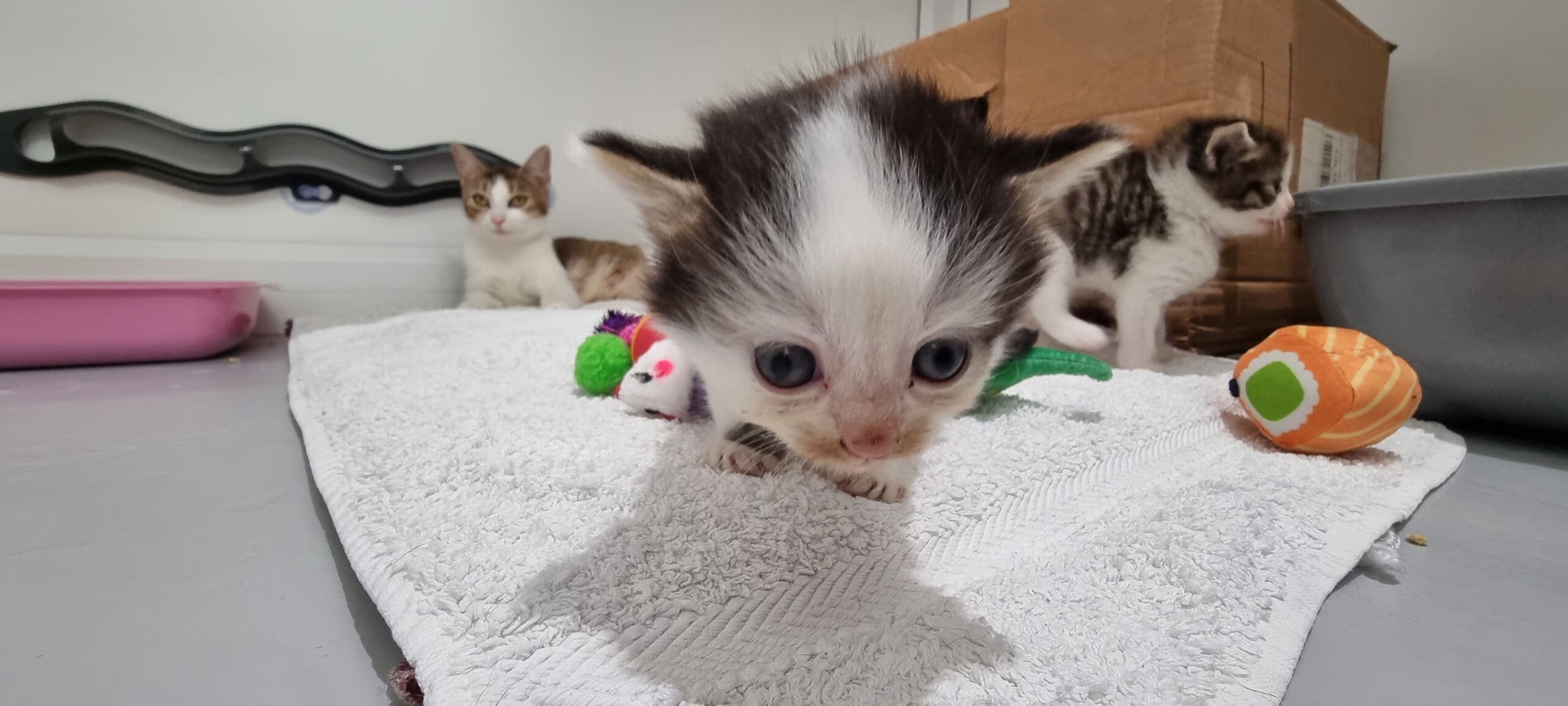

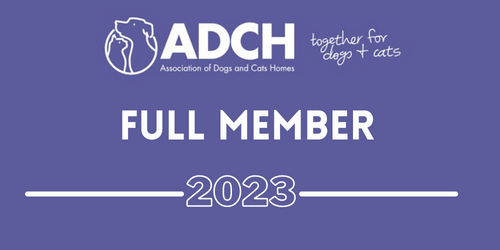
Comments are closed